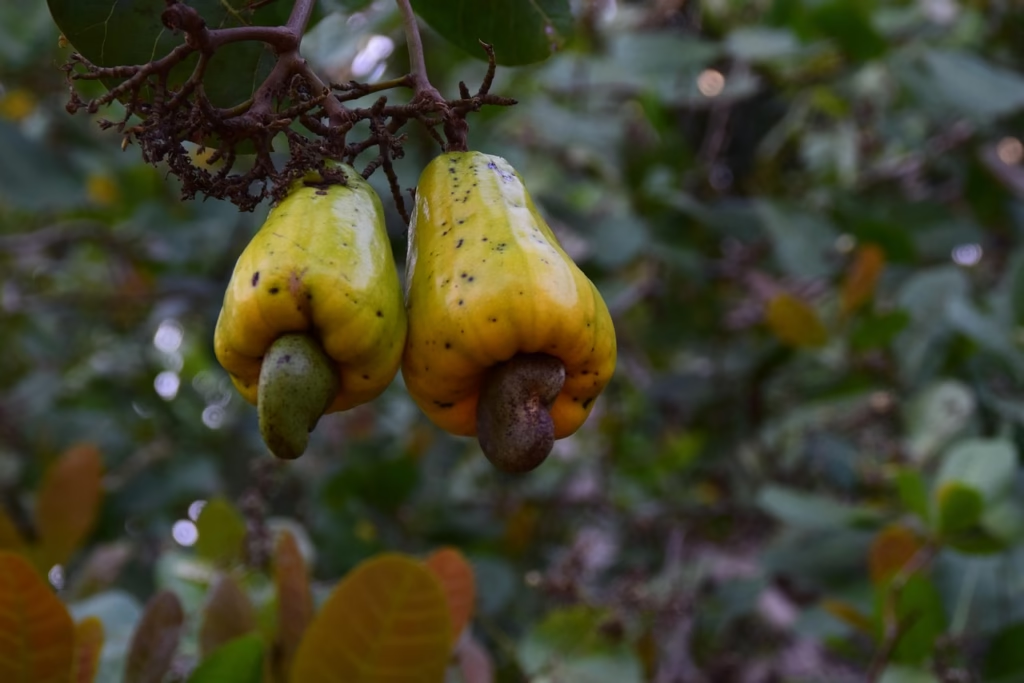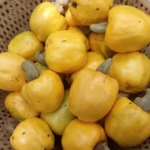
The African cashew industry has grown significantly over the years, making the continent a major player in the global cashew market. Among the leading cashew-producing countries in Africa, Nigeria and Benin stand out as key suppliers. While both nations contribute significantly to cashew exports, their industries differ in various ways. In this article, we compare Nigeria and Benin as raw cashew supplier in Africa options, highlighting factors such as production capacity, quality, processing infrastructure, and export logistics.
1. Cashew Production Capacity
Nigeria is the largest producer of raw cashew nuts in Africa, with an estimated annual production of over 250,000 metric tons. The country benefits from vast agricultural land and favorable climatic conditions, which support large-scale cashew farming.
Benin, on the other hand, has a smaller production capacity but remains a crucial raw cashew supplier in Africa depends on. The country produces around 140,000 metric tons of raw cashew nuts annually. While its output is lower than Nigeria’s, Benin is known for maintaining high consistency in its production volumes year after year.
2. Quality of Raw Cashew Nuts
Quality is a key factor in cashew exports, as buyers prioritize nuts with high kernel outturn ratios and minimal defects. Nigeria’s cashew nuts vary in quality due to differences in farming techniques and post-harvest handling. Some Nigerian farmers do not follow standardized drying and storage practices, which can result in inconsistent quality.
Benin has built a reputation for producing high-quality cashews, with better moisture control and superior nut grading. The country follows stringent quality control measures, ensuring that most of its raw cashew exports meet international standards. This makes Benin a preferred raw cashew supplier in Africa trusts for premium-grade cashews.
3. Processing Infrastructure
Nigeria has a relatively underdeveloped cashew processing sector, with most of its raw cashew nuts exported unprocessed. The country has been making efforts to develop local processing plants, but challenges such as inadequate infrastructure and inconsistent policies hinder progress.
Benin, while also exporting a large portion of its raw cashew nuts, has better-developed processing facilities. The country has made investments in semi-processing and value addition, allowing exporters to offer both raw and processed cashew products. This gives Benin an advantage in the global market, as buyers often prefer suppliers with both raw and processed cashew options.
4. Export Logistics and Trade Policies
Nigeria’s export logistics face several challenges, including port congestion, bureaucratic delays, and inconsistent government policies. These factors can lead to longer shipping times and increased costs for international buyers. Additionally, Nigerian exporters must navigate complex trade regulations, which can sometimes slow down transactions.
Benin, in contrast, has a more streamlined export system, making it easier for buyers to source cashews without major logistical hurdles. The country’s ports are known for their efficiency, and trade policies are more supportive of agricultural exports. This makes Benin an attractive raw cashew supplier in Africa relies on for smooth and timely shipments.
5. Price Competitiveness
Nigeria offers competitive pricing due to its large production volumes and lower labor costs. Buyers looking for cost-effective raw cashew supplies often turn to Nigerian exporters. However, price fluctuations are common due to inconsistencies in supply chain management and government policies.
Benin’s cashews tend to be priced slightly higher due to their superior quality and better handling processes. While buyers may pay a premium, they often receive well-graded cashews with fewer defects, making the investment worthwhile for those prioritizing quality over cost.
6. Sustainability and Ethical Sourcing
Sustainability is becoming a crucial factor in the cashew industry, with buyers increasingly prioritizing suppliers that follow ethical farming and labor practices. Nigeria’s cashew sector has faced criticism for poor labor conditions and a lack of structured sustainability initiatives. However, there are ongoing efforts to introduce fair trade practices and improve farming conditions.
Benin has made notable progress in sustainability, with more organized farming cooperatives and adherence to ethical sourcing standards. Many international buyers prefer Benin’s cashews due to the country’s commitment to responsible agriculture and transparent trade practices.
Conclusion
Both Nigeria and Benin play vital roles in Africa’s cashew export industry, offering unique advantages to international buyers. Nigeria leads in production volume and cost-effectiveness, making it a viable option for bulk cashew purchases. However, challenges in quality control and export logistics can pose risks for buyers.
Benin, while producing fewer cashews, excels in quality, processing capabilities, and efficient trade policies. Buyers looking for high-quality, ethically sourced cashews with reliable shipping processes often prefer Benin.
Ultimately, choosing between Nigeria and Benin as a raw cashew supplier in Africa depends on the buyer’s priorities. Those seeking affordability and large volumes may find Nigeria more suitable, while those emphasizing quality, consistency, and sustainability may lean towards Benin. At Ahar Group, we source premium raw cashews from both countries, ensuring our clients get the best balance of quality and value. Regardless of the choice, both countries contribute significantly to Africa’s position in the global cashew market.











Add comment